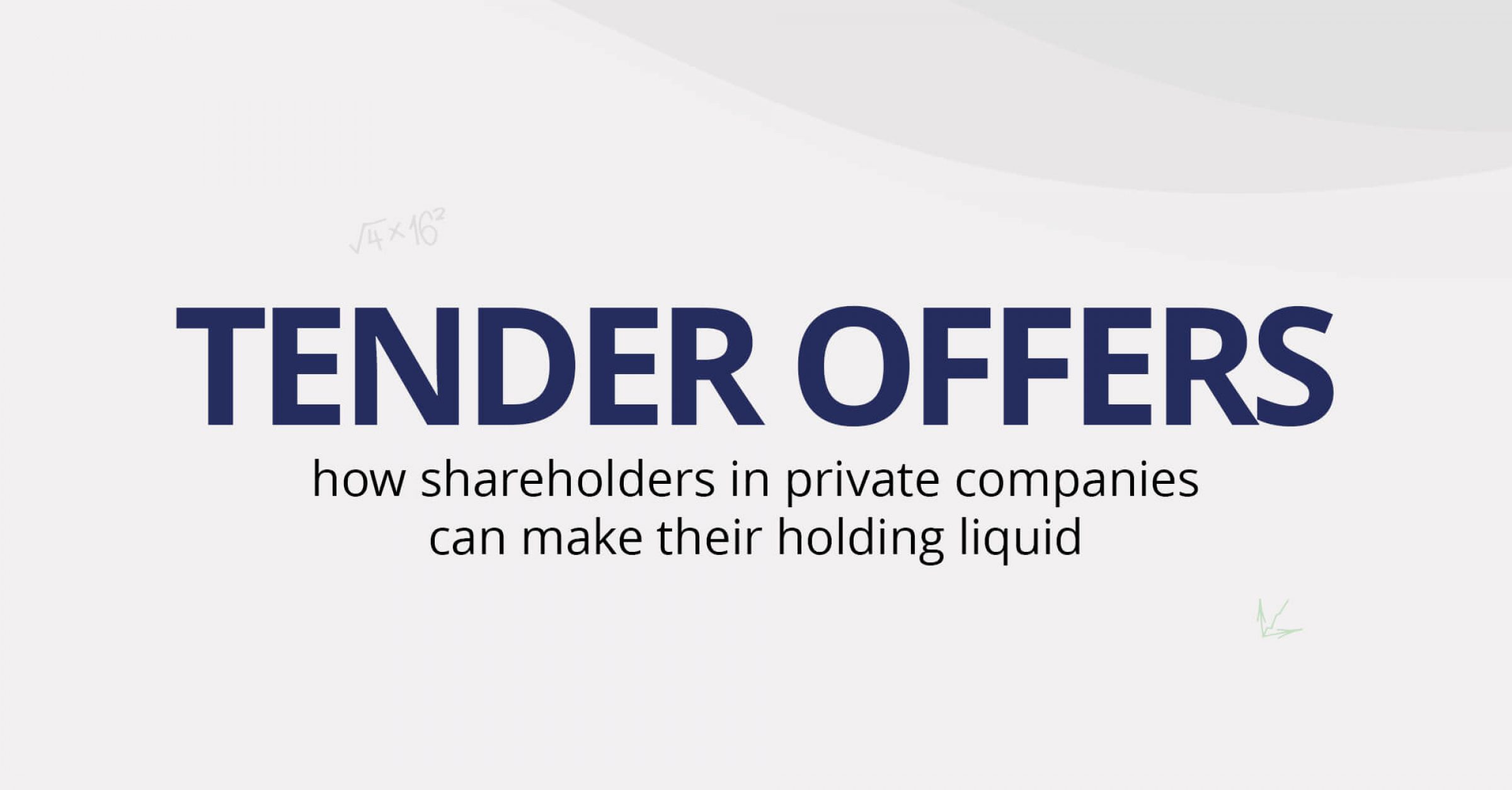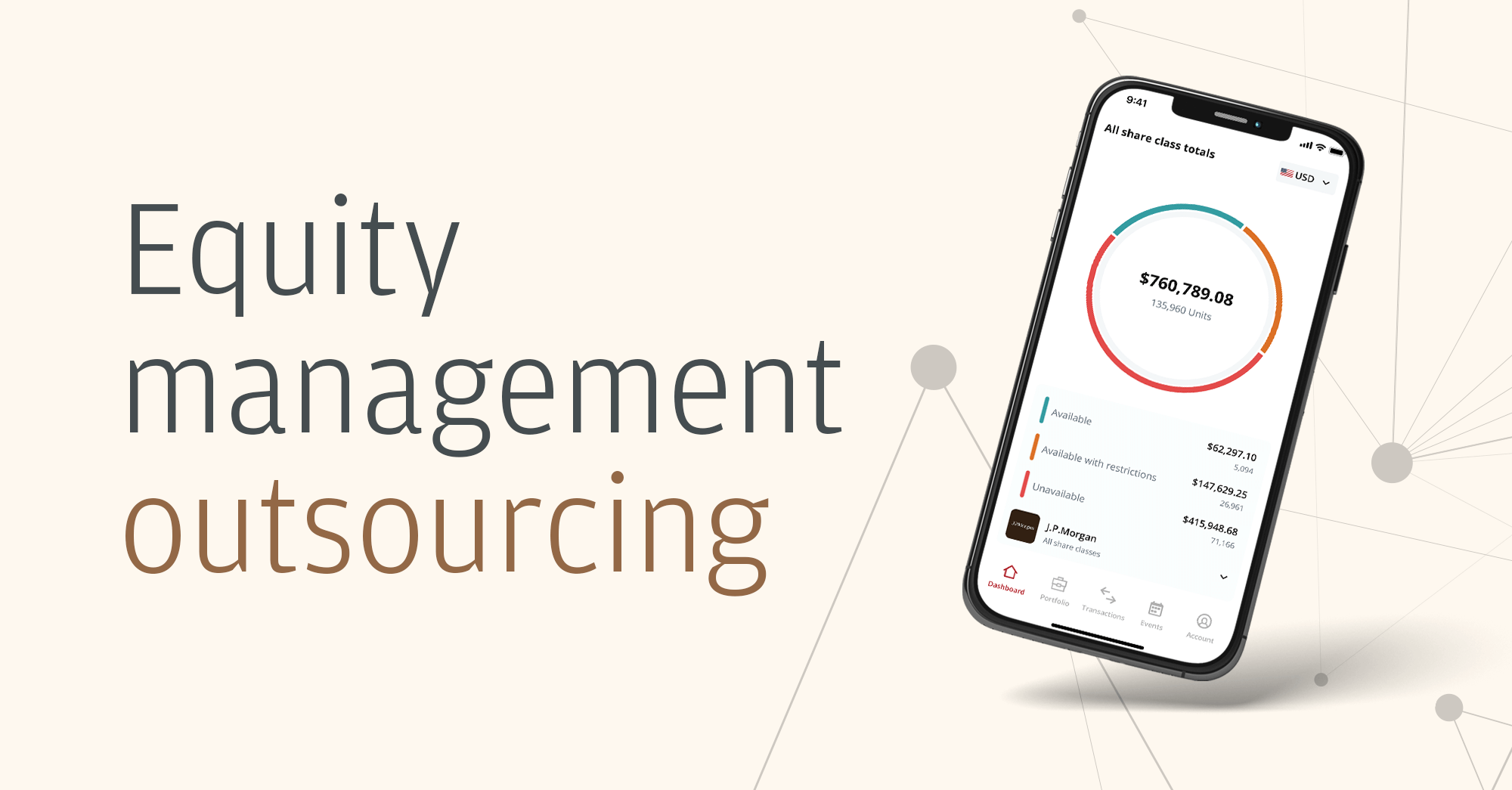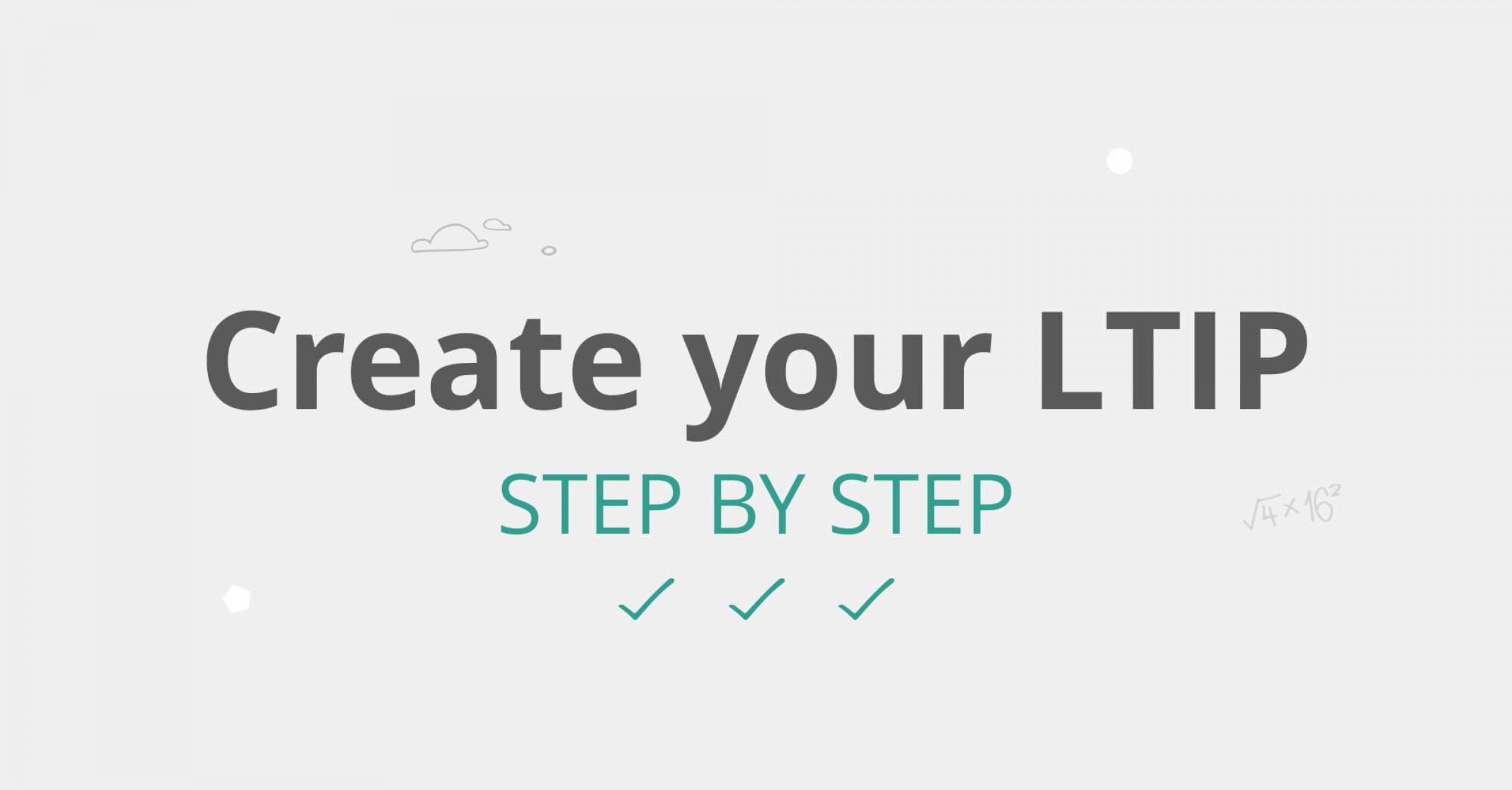The classic employee stock plan scenario sees a business award all its people or select personnel some form of equity, attach conditions to that award, and when those terms are met, recipients can then choose to sell that stock, ideally making a tidy profit.
It’s a win-win scenario. From the company perspective, stock-based awards can be an effective tool for recruitment and retention, and also promote engagement and high-performance in the workplace. From the employee perspective, equity can act as a clear incentive and helps to establish a link in individual minds between their own performance and that of the company, and the rewards they can hope to secure in the medium-term off the back of that.
But… what happens when a private company grants awards linking vesting to eventually going public (e.g., double-trigger RSUs), but later decides to pause or otherwise delay the IPO journey? What about individuals who have exercised options and are now waiting for company to go public?
In those circumstances, plan participants may be unable to turn their equity into cash along the timeline originally envisaged. This, in turn, from the company perspective, can have the effect of upsetting the delicate balance that helps to facilitate the positive correlation between equity awards and the desired workplace outcomes listed above. In other words, if employees see no viable pathway to being able to do anything with their stock (i.e., sell it), then a point may come when equity awards cease to function effectively as an incentive.
In 2023, this is far from a hypothetical scenario. Quite the opposite, in fact, as it most likely describes the current state of play for many companies, with the heady days of record IPO levels in 2021 now in the rearview mirror and a new more cautious period upon us, one reflecting the economic uncertainty and stock market volatility of recent times.
So, what does this mean for the effectiveness of employee stock plans in private companies? With more businesses choosing to remain private for longer, does that mean employees have to accept that they must wait before their stock become fully liquid, with all the risks that may bring for companies in terms of equity awards not achieving the desired outcomes, i.e., promoting retention and improved performance?
Not necessarily.
In fact, there are liquidity solutions out there specifically designed to assist both companies and employees in this situation. One such avenue open to companies is to introduce a tender offer.
What is a tender offer?
A tender offer is a liquidity event designed to enable stockholders in a private company to sell some or all of their shares either to another investor or back to the company. In practice, this offers both employees and early investors the opportunity to convert at least part of their holding into cash without having to wait however long for the company to finally go public.
The relevant company retains control of the process throughout, e.g., deciding who can participate (i.e., who sells and who buys), how much stock can be sold (i.e., partial or full liquidity), the share price, and whatever information is to be disclosed in association with the transaction.
How do you prepare for a tender offer?
There are different types of tender offer. In a stock buyback, the company will repurchase shares previously granted to early investors and employees. With a third-party tender offer, outside investors are allowed to purchase shares from existing shareholders.
Whichever the approach, there is no set, rigid format, but in general, the sequence of events might unfold as follows:
Initially, the company will choose the parameters of the program, along the lines described above, i.e., participant eligibility, setting limits on the amount of shares that can be sold, and the timing of the event.
The company sets the offer price and secures the approval of the board. If it’s a buyback, the price tends to be set close to that used in the most recent fundraising round. If it’s third-party, the price will usually be set based on investor interest.
In conjunction with its legal representatives and the buyers (if third-party), the company prepares the required disclosures and necessary transaction documents.
A window opens during which eligible stockholders assess the offer being made and decide whether to sell their shares. In accordance with Securities and Exchange Commission (SEC) rules, the tender offer window must remain open for at least 20 business days.
Running parallel to those action points, you must also attend to other considerations, with a view towards ensuring you are transaction ready when the window opens:
Data integrity: This is vital in preparing for any transaction, and tender offers are no exception. On a basic level, this means making sure that your cap table is up to date at the start of the process.
Systems infrastructure: Depending upon the size of the business, there may be thousands of transactions taking place in a relatively short period of time. You need to know that your equity management system is robust enough to handle that traffic and do all that needs to be done, e.g., calculating whatever tax bills are associated with each individual trade.
Education: Participants need to be clued in on what is being proposed well before the transaction window opens, and why it is in their interests. Depending upon the business, not all employee stockholders will necessarily be experts on equity. You need to bear that in mind as you move through the steps.

What are the potential advantages of a tender offer?
At the most obvious level, a tender offer allows shareholders in a private company to sell some or all of their shares, thus enabling them to turn their equity holding into cash without having to wait for an IPO that, in theory, might be several years away. Beyond that:
Running a tender offer helps to ensure that employee stock plans function as intended, i.e., participating employees are incentivized to stay with the company and give their best efforts, with a view towards securing tangible rewards.
Early investors will want to see a return on their investment at some point. If on day one, the expectation is that the company would go public after a certain number of years, but down the line the economic climate and/or prevailing market conditions force a rethink on that schedule, some of those investors may become uneasy. A tender offer is a practical means to head-off this possible point of conflict.
The company is in control of the process, so at all times knows who is selling and who is buying, as well as the amount of shares involved.
Is a tender offer the right choice for your company?
A tender offer may well be a good fit for your company if the following circumstances apply:
- You want to use the transaction as a way to encourage retention and engagement.
- You want to bring in new investors.
- Your board is eager to see a stock repurchase program introduced.
What are the tax implications of a tender offer?
For plan participants, the tax implications of selling their stock will depend upon the kind of equity involved and whether the cash generated is view as compensatory or not.
For example, RSUs and non-qualified stock options (NSOs) will both be subject to ordinary income tax at the moment of vesting and then capital gains tax when sold during the tender offer.
Meanwhile, incentive stock options (ISOs) will usually only be liable for capital gains tax, though sometimes exercising them can lead to Alternative Minimum Tax.
On transactions being deemed compensatory, this may happen when the deal yields a gain for sellers above FMV at the time. In that scenario, the relevant funds would be taxed as ordinary income and the amount due withheld from the proceeds.
Alternative paths to liquidity in private companies
Tender offers are not the only avenue available to private companies looking to release liquidity to stockholders. Other approaches include:
The secondary market: With secondary sales, employees look to sell directly to private investors. While companies aren’t fully in control of this type of transaction, it is common for the employer to reserve the right of final approval.
Option lending: Participants can’t sell shares unless they first exercise their options. However, if the strike price is relatively high, some individuals may struggle to fund that transaction from their own resources. With option lending, lenders give loans to participants so as to allow them to exercise their options. The terms and size of the loans will vary depending upon the lender. Employees considering this avenue need to be conscious of the potential implications if the value of their shares was to fall post-exercise and they find themselves unable to repay the loan. In that scenario, their personal assets may be at risk. The point is individuals considering option lending need to go in with their eyes open and not leave themselves overly exposed.
The big take home message here is that there are avenues open to shareholders in private companies who might like to have the opportunity to sell some or all of their holding. Call Global Shares today to here from our experienced team on how our platform can facilitate the conduct of such transactions.
Please Note: This publication contains general information only and Global Shares is not, through this article, issuing any advice, be it legal, financial, tax-related, business-related, professional or other. The Global Shares Academy is not a substitute for professional advice and should not be used as such. Global Shares does not assume any liability for reliance on the information provided herein.








